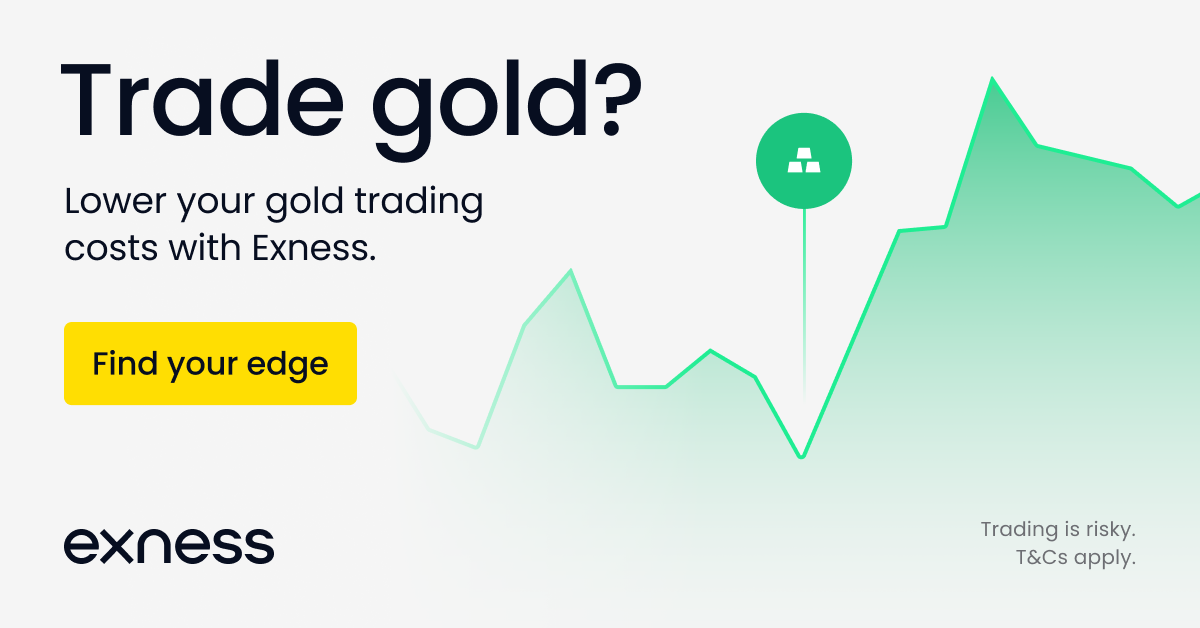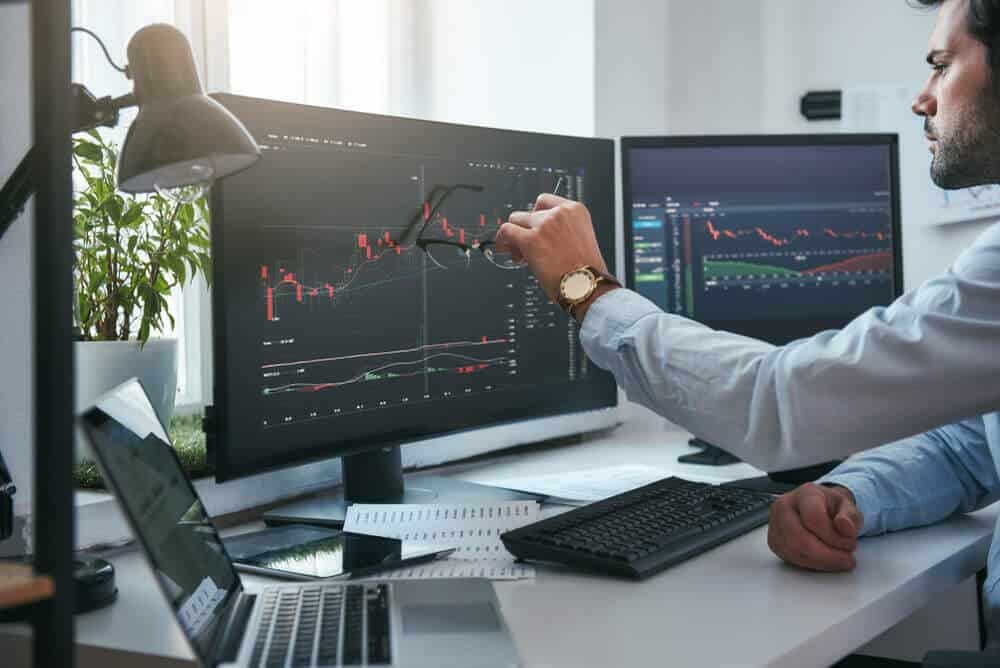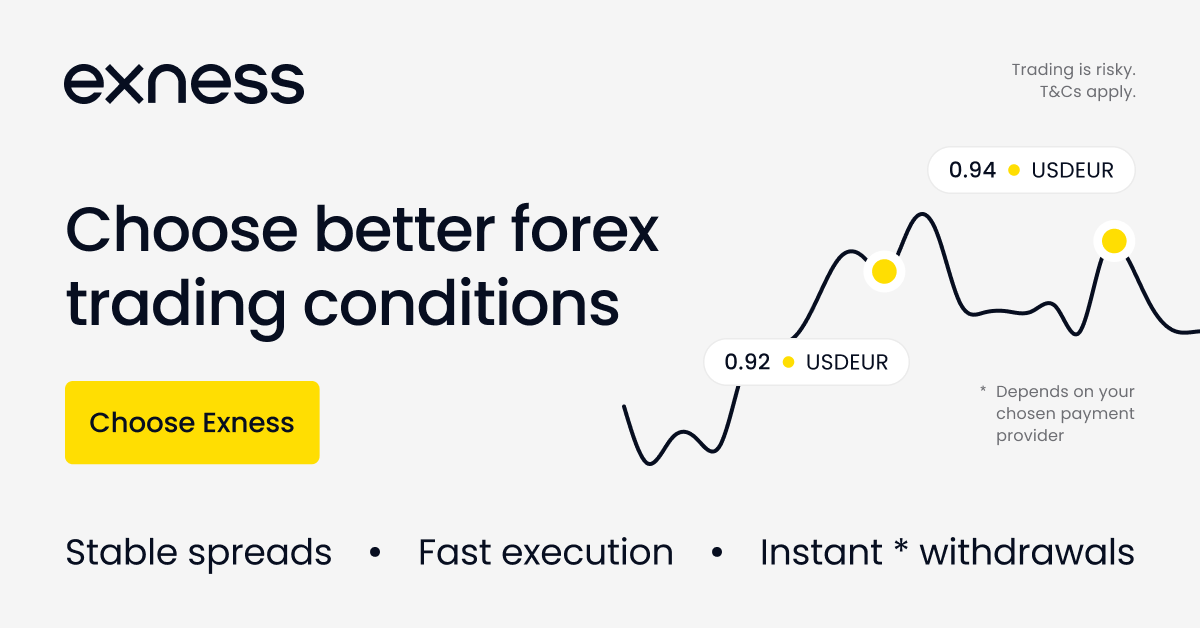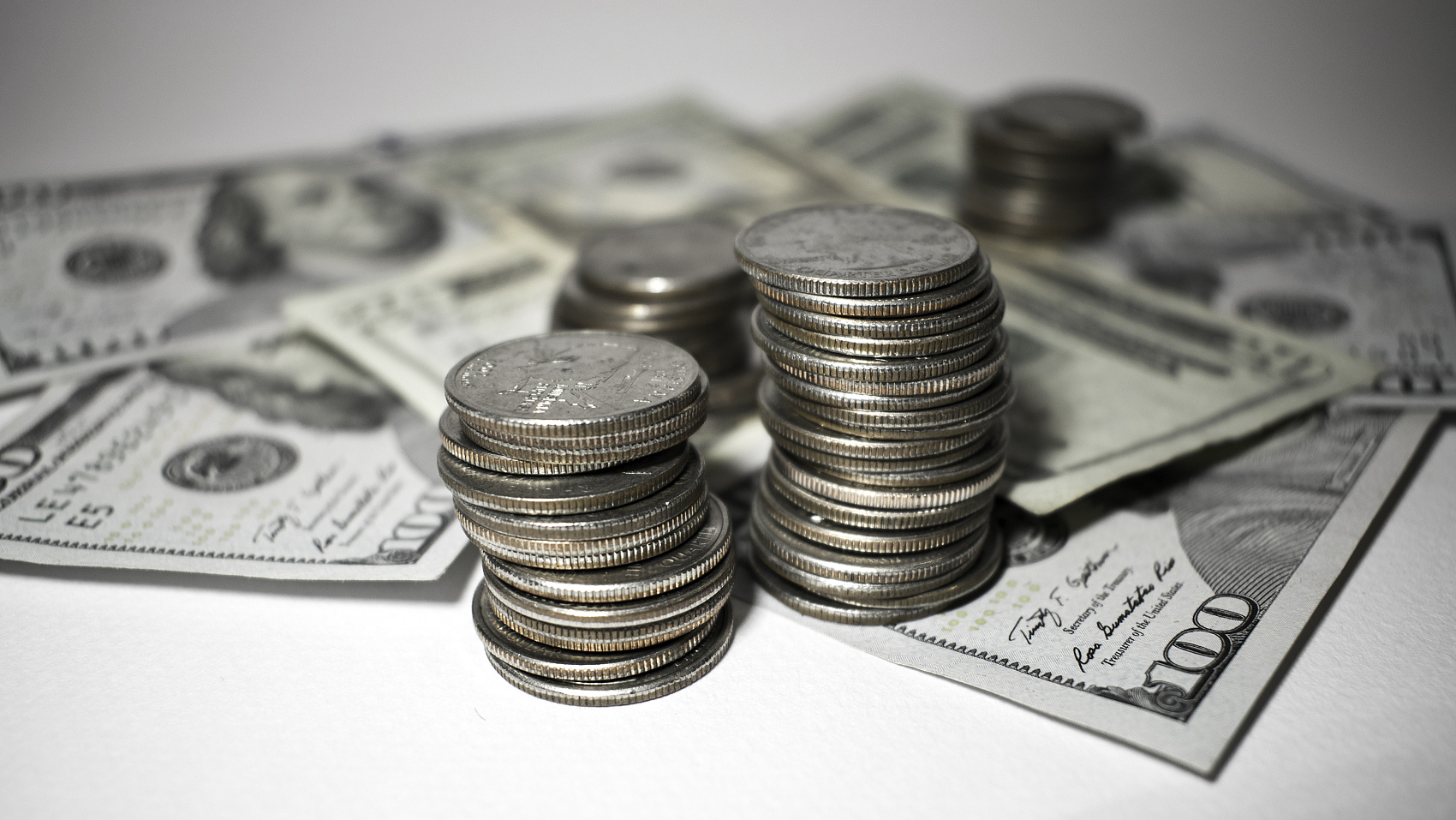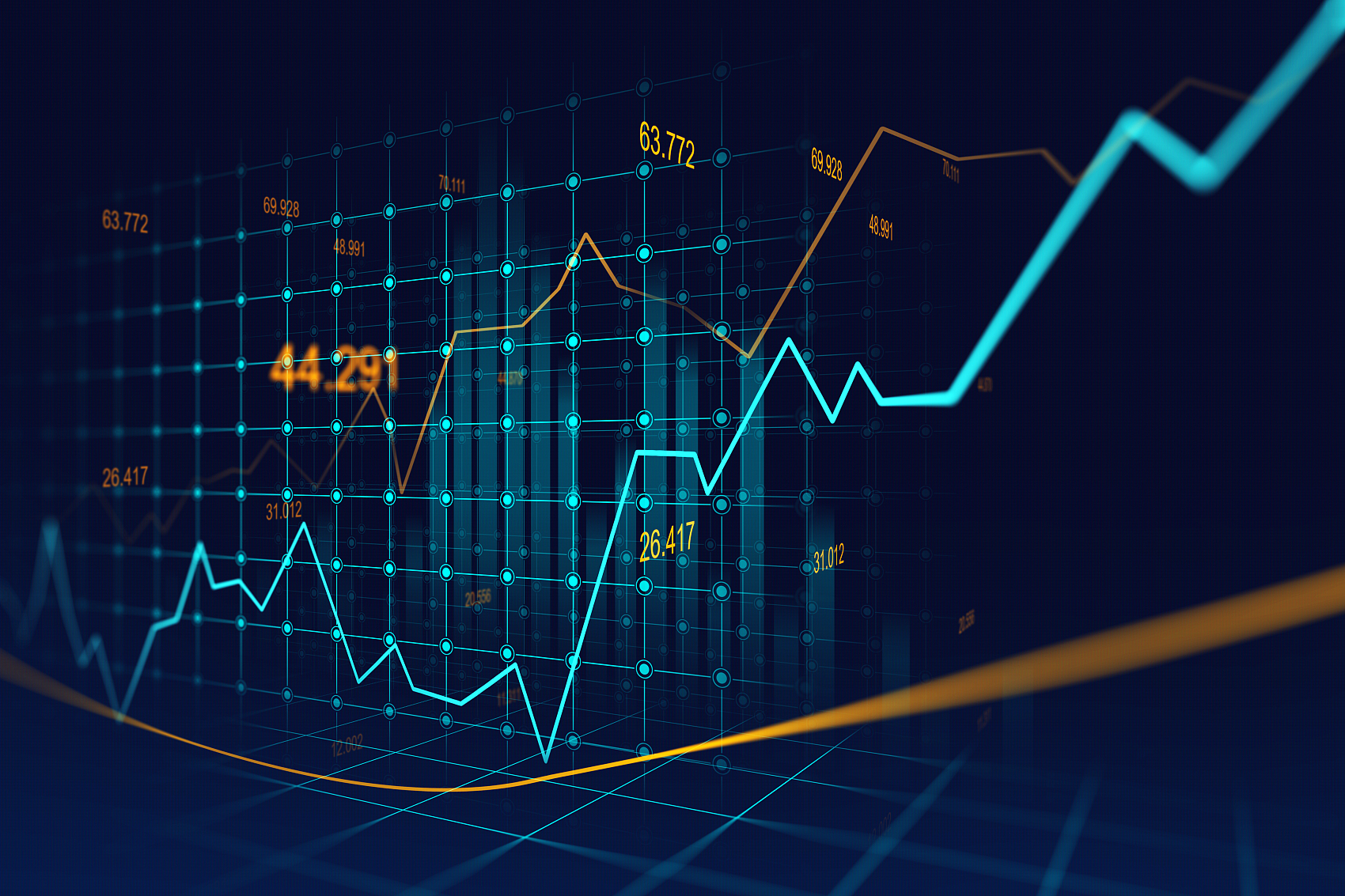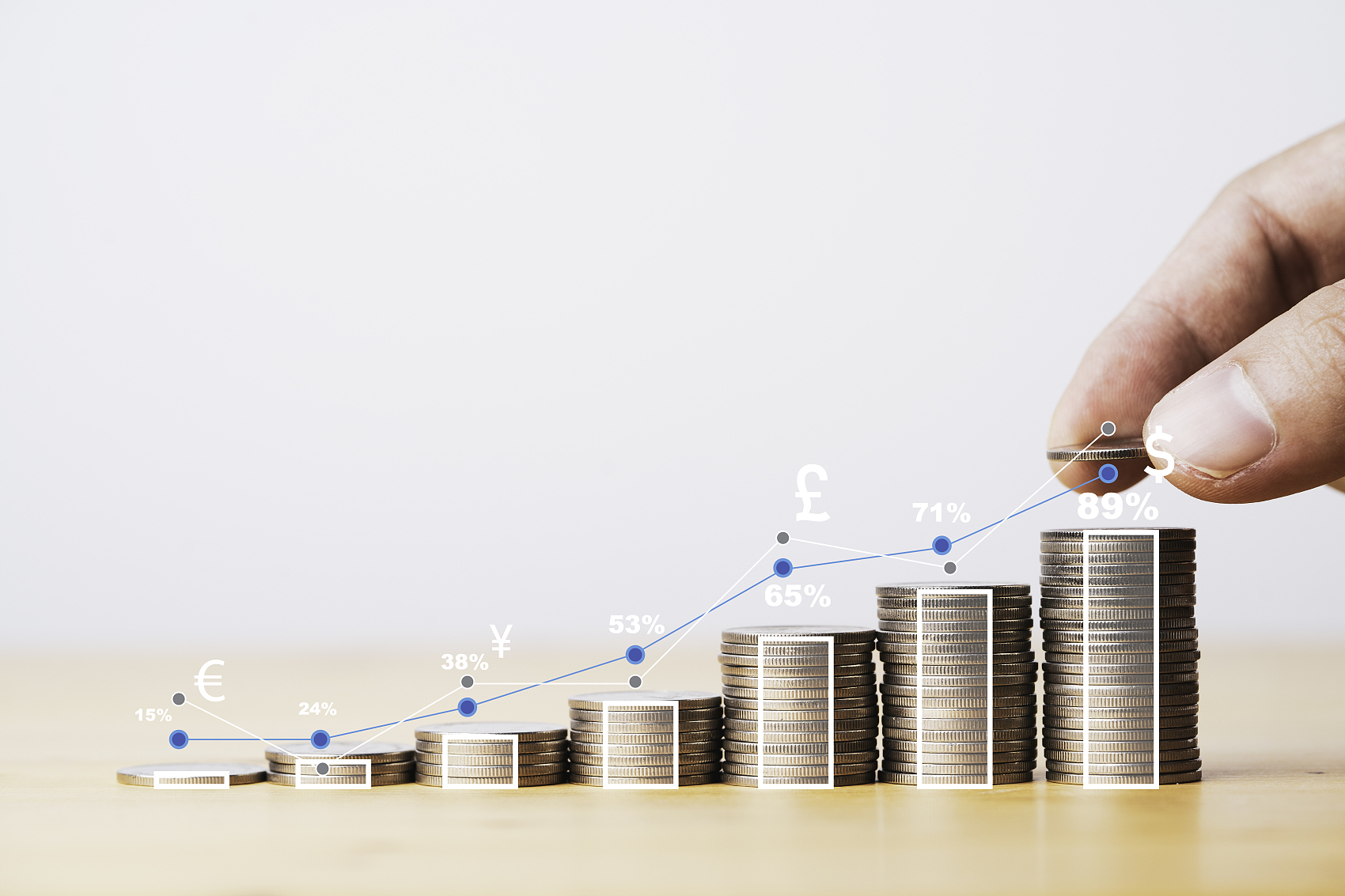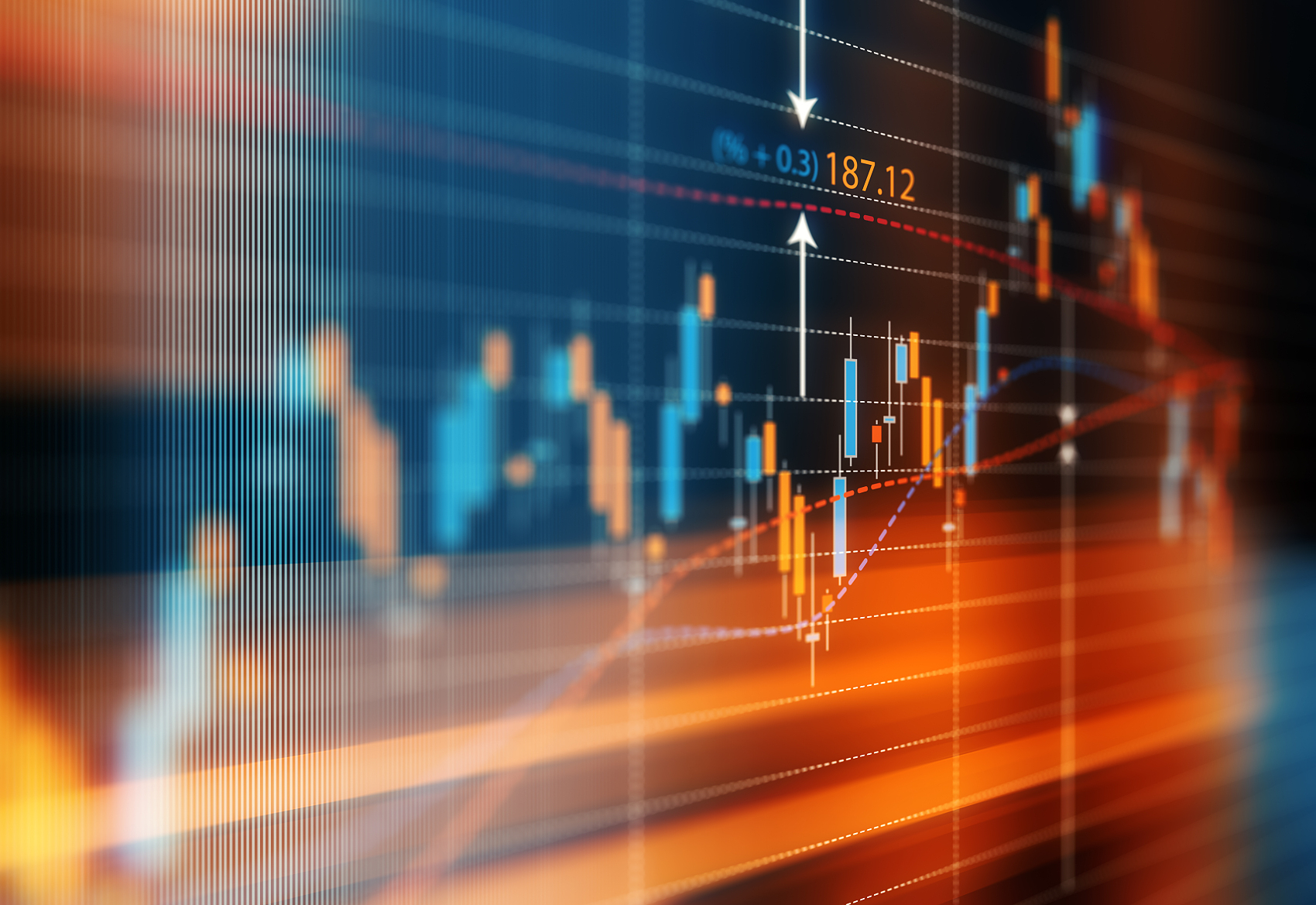Forex trading, or trading in foreign exchange markets, is an endeavor that holds significant potential rewards for those who can navigate its complexities with skill and strategy. As a forex trader, understanding the nuances of how currencies fluctuate and the factors that influence these movements can set the foundation for successful trading. In this article, we’ll explore essential strategies incorporating key concepts such as tradingforex, tradingstrategy, tradingsignal, and the role of a forextrader.
1. Develop a Comprehensive Trading Strategy
- Technical Analysis: This involves studying charts and using statistical figures to identify trends in currency movements. Tools like moving averages, RSI (Relative Strength Index), and Fibonacci retracements can be invaluable in predicting future market behavior.
- Fundamental Analysis: This strategy revolves around economic indicators and news events that can affect currency values. Key metrics include interest rate changes, employment reports, and GDP data.
2. Utilize Trading Signals
- Automated Trading Signals: Many traders use automated systems that generate trading signals based on specific market conditions. These systems can help traders execute trades at optimal times without constant market monitoring.
- Manual Trading Signals: Some prefer signals generated by seasoned traders who use their expertise to analyze market trends. These can offer more personalized insights, taking into account the broader economic picture and upcoming events.
3. Risk Management
- Stop-Loss Orders: One of the most common risk management tools, a stop-loss order automatically closes a position at a predetermined price level to prevent further losses.
- Position Sizing: Determine the size of your trading position based on your current risk tolerance and stop-loss settings. This helps in maintaining a balanced approach to trading without overexposing yourself to market changes.
4. Continuous Learning and Adaptation
- Stay Informed: Follow financial news and events, and understand how they impact currency markets. Tools like economic calendars can be particularly useful.
- Practice Makes Perfect: Use demo accounts to hone your trading skills without financial risk. This practice can be invaluable in testing out new strategies and learning from your mistakes without the pressure of real losses.

